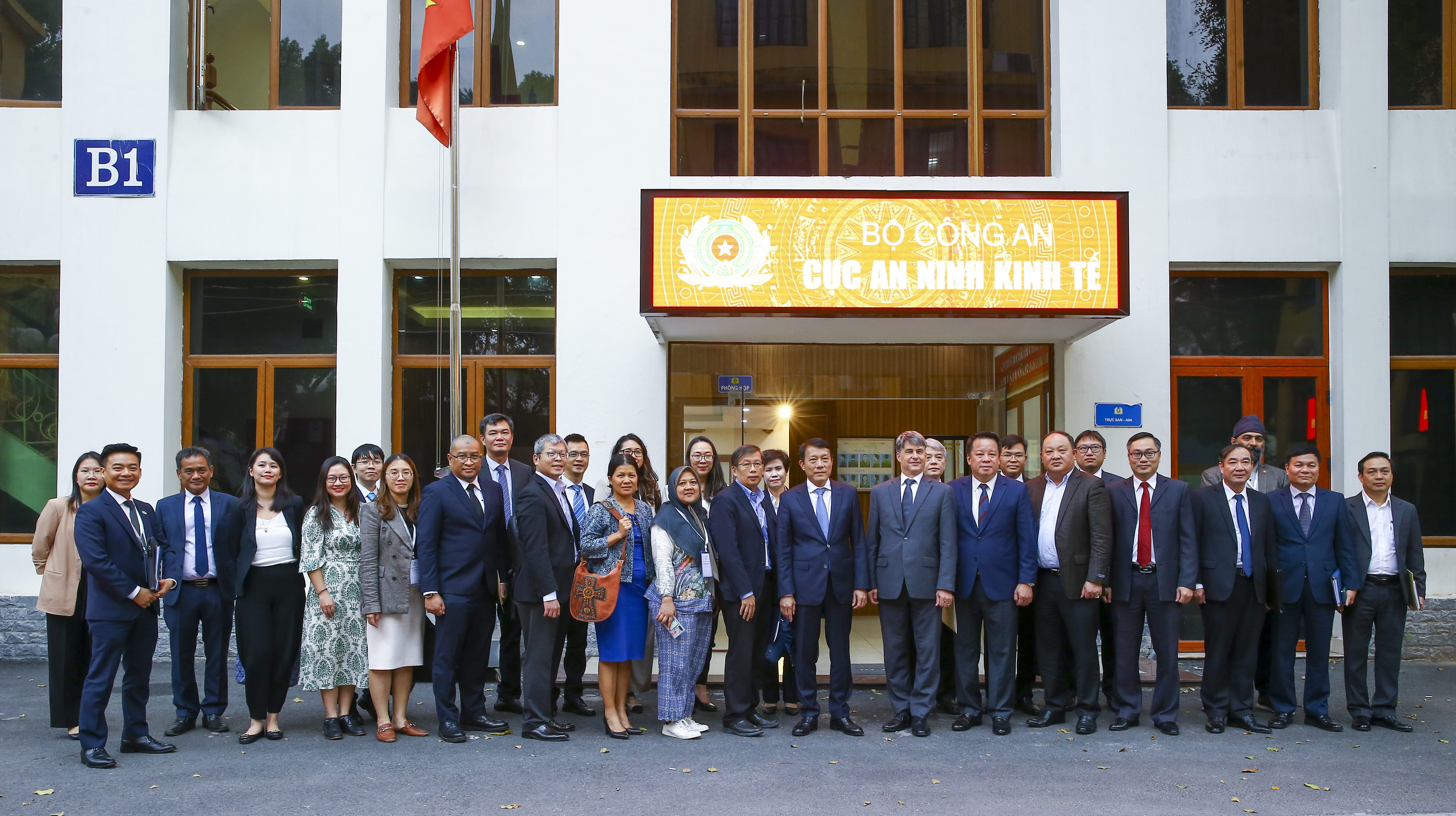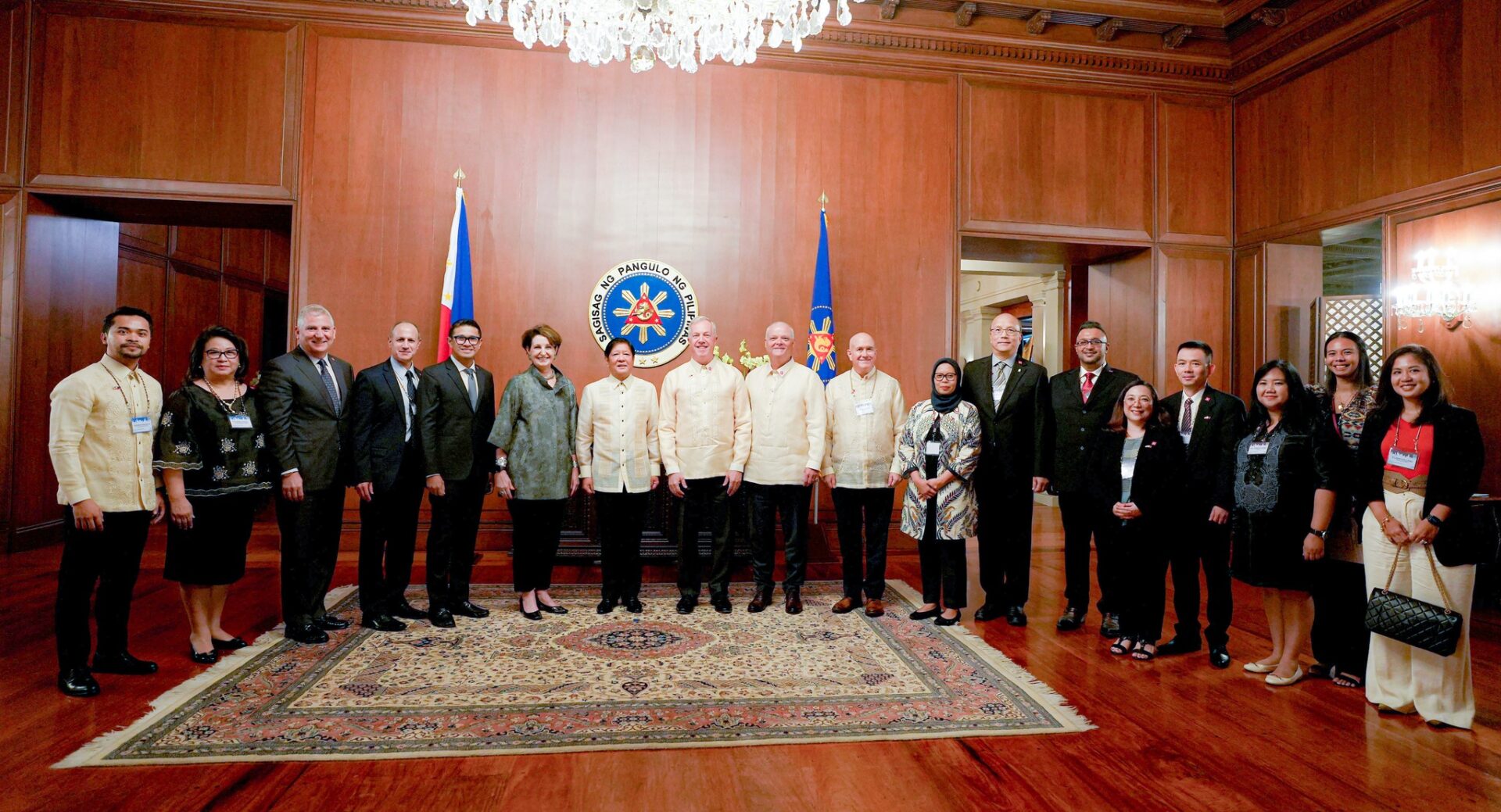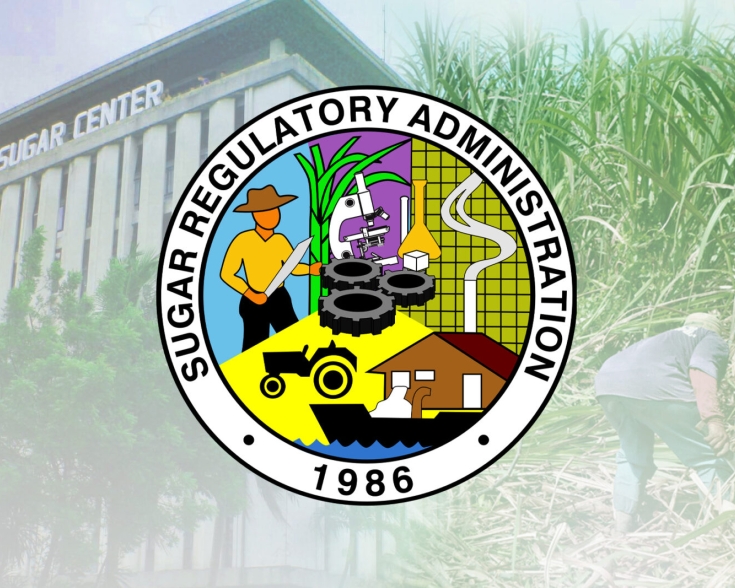Philippines Enacts Law to Enhance Natural Gas Industry, Drawing Investor Interests

On January 15, President Marcos signedRepublic Act 12120 or the Philippine Natural Gas Industry Development Act, aiming to strengthen the development of natural gas resources in the Philippines. The law is part of the government’s efforts to transition the country towards more renewable energy (RE) sources by offering incentives to boost investments in this sector amidst the reliance on coal and the high costs of energy. In the manufacturing sector alone, power expenses typically account for 60% of the operational costs. Furthermore, the law is expected to enhance energy security while also positioning the Philippines as a liquified natural gas (LNG) trading and transshipment hub in the Asia-Pacific region.
RA 12120 is seen attracting more investments in the energy sector as it permits entities to hold interest in upstream and downstream natural gas facilities and the supply of natural gas, subject to competition laws. Earlier this month, Energy Secretary Raphael Lotilla shared that US companies are interested in oil and gas projects in the Philippines. The US lifting its LNG export ban comes at a critical time for the Philippines, which is seeking to expand its energy supply as the Malampaya field nears depletion. This development could bring several benefits, including greater LNG supply options, more competitive pricing, and further support for the country’s efforts to establish itself as an LNG hub.
Analysts anticipate continued growth for energy companies in the Philippines in 2025 as a result of increasing power demand, with the private sector leading the country’s push toward cleaner and more sustainable energy. Data from the Board of Investments (BOI) show that 144 renewable energy projects amounting to PHP 4.15 trillion (~USD 71 billion) have been endorsed to go through green lane services as of January. Green lane serviceswere created to streamline and speed up the processing of licenses and permits for strategic investments. Furthermore, export groups estimate that initiatives to optimize and expand solar photovoltaic (PV) module could unlock the solar export market potential to the US by USD 189.4 million. Like the 123 Agreement between the US and the Philippines that came into force last year, the passage of RA 12120 presents new opportunities for US companies to invest in the Philippines’ growing energy sector.








